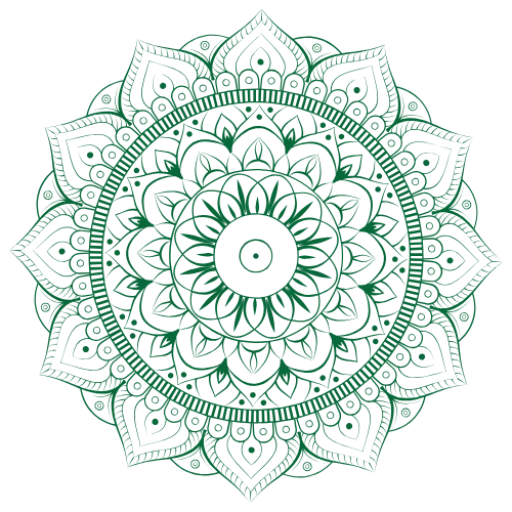Written by Sophie Nusselder for Parimukti
In this article I’ll introduce you to the transactional analysis. How do I apply this theory in life and how can a yogateacher apply this theory? Also you can read an interview with Angelica Macky; one of our teachers at Parimukti. What is the art of teaching according to her?
This article consists of 4 parts:
1: Parent, child, adult nature
2.Three ego states
- Micro, meso, macro yogic lifestyle?
4 How does a yoga teacher apply this theory?
picture 1= www.pinterest.com
Today you can read Part 1: Parent, child, adult nature?
- Have you ever used the same technique to get what you want from your boss that you used as a child?
- Do you sometimes find yourself being defensive about your ideas or point of view?
- Do you feel that you have to take care of too many people who actually should take care of themselves?
I did! And I bet every one of you has experienced some of these feelings or situations at some time or other. What I didn’t realize for a long time is that these feelings are related to different parts of your personality. Canadian Psychiatrist Dr Berne (1910-1970) analyzed the different parts of the self in the Transactional Analysis – a way of analyzing the self.
Throughout history people have believed that each man and woman has a multiple nature. In the early 20th century, Sigmund Freud believed that when we explain our own behaviour to ourselves or others (conscious mental activity) we rarely give a true account of our motivation. Human psyche is multi-faceted, and each of us has warring factions in our subconscious.
Another scientist, Dr Wilder Penfield , did experiments focused on the application of electrical currents to specific regions of the brain. Some of the key conclusions that he reached that went on to influence Berne in his development of Transactional Analysis:
- The human brain acts in many ways like a camcorder, vividly recording events.
- Both the event and the feelings experienced during that event are stored in the brain. (example: a friend is telling to the other friend: ‘Yesterday I went to a contact dance workshop. I felt very exited and a little nervous because it had been a while since I danced for the last time”
- When one replays his or her experiences, he or she can replay them in such a vivid form that one can experience again the same emotions he or she felt during the actual experience. Example: a friend tells to to other friend) ‘Yesterday I went to a contact dance workshop. I felt very energized after class- smiles – When I think about it I still feel the happy feeling inside flowing’.
- Human beings are able to exist in two states simultaneously. They replay certain events and are able to experience the emotions associated with those events and they are also able to objectively talk about the events at the same time. Example: two friends are preparing a meal together and do talk about how preparing it while also sharing personal experiences and emotions they had during contact dance improvisation workshop.
These contributions by Penfield and Freud, as well as many others, were used by Berne as he developed his theories on Transactional Analysis and games.
According to his investigations; verbal communication, particularly face to face, is at the centre of human social relationships and psychoanalysis. His starting-point was that when two people encounter each other, one of them will speak to the other. This he called the Transaction Stimulus. The reaction from the other person he called the Transaction Response. The person sending the Stimulus is called the Agent. The person who responds is called the Respondent.
Berne also said that each person is made up of three alter ego states: Parent / adult / child. These terms have different definitions than in normal language.
According to Transactional Analysis we can observe quite distinct types of behavior, which seem to come from different sources within ourselves. These three ‘ego states’ are called: parent, adult and child.
picture 2:www.tracks.roojoom.com
Address: Parimukti Yoga Center, Kanira Homes,
Girkarwaddo, End of Magic Park Road,
Arambol, 403524,
Goa, India
Phone: +919637521278
Email: info@parimukti.com
Website: https://parimukti.com/
Yin Yoga Training Goa | 200 Hour Yoga Teacher Training Goa | Meditation Teacher Training Goa


